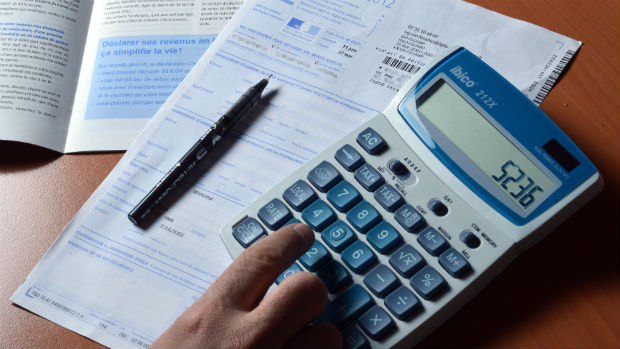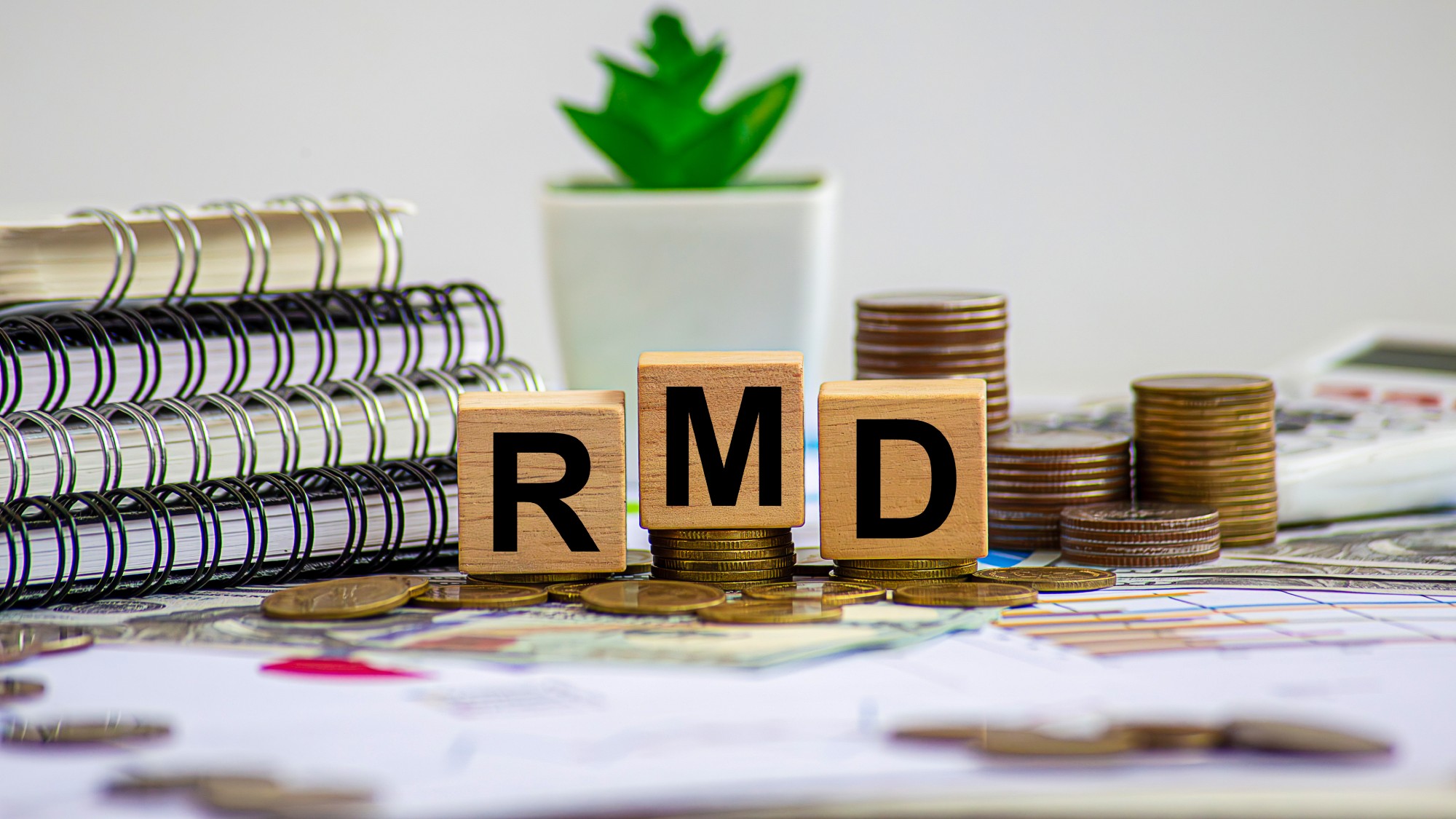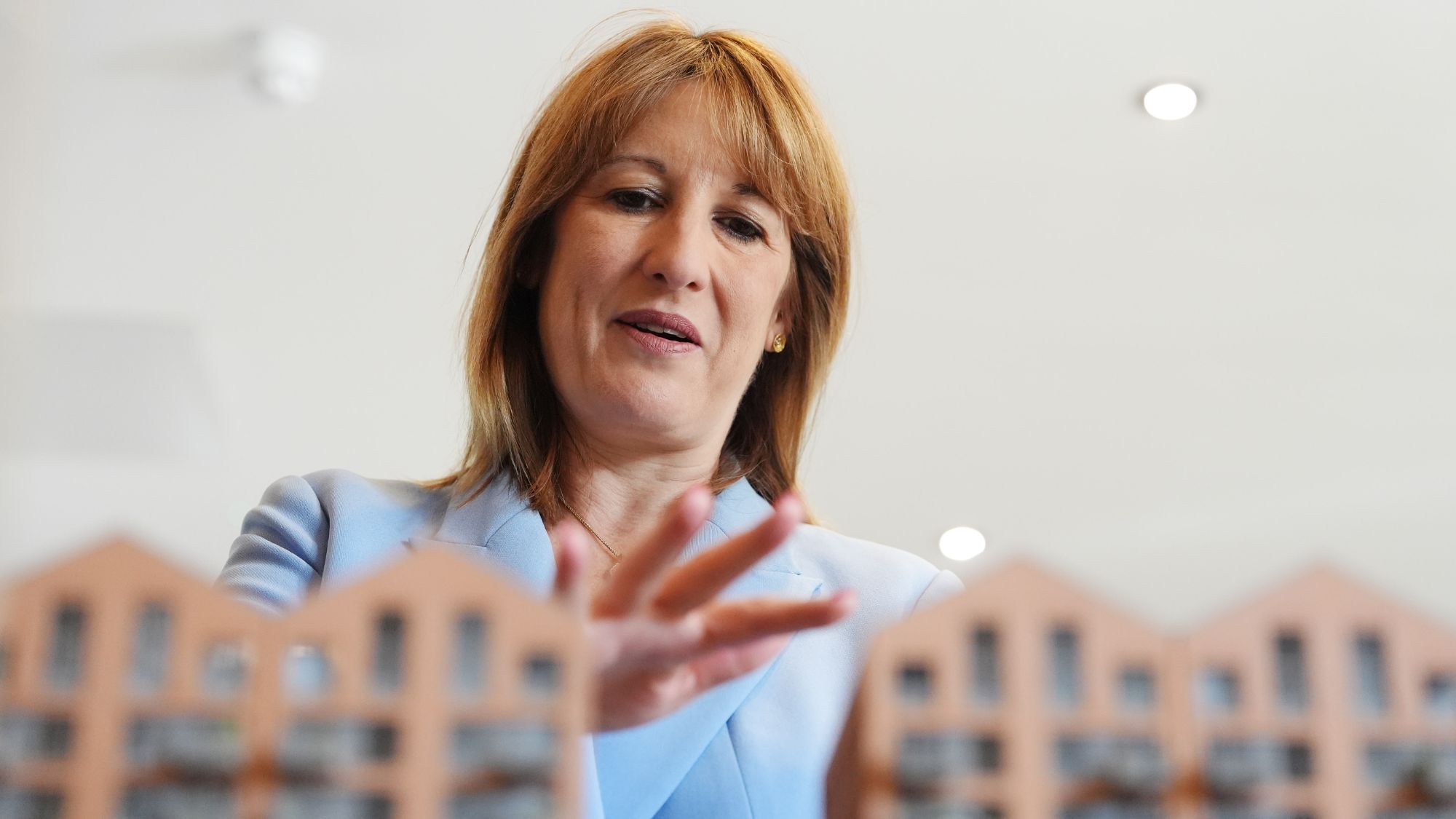Inheritance tax hits record high: what are the thresholds?
Rise in property prices means more people are having to pay controversial levy

A free daily email with the biggest news stories of the day – and the best features from TheWeek.com
You are now subscribed
Your newsletter sign-up was successful
The UK Treasury collected a record amount in inheritance tax (IHT) over the last financial year, topping the £5bn mark for the first time.
In total, bereaved families stumped up £5.228bn in the last tax year - 8% more than in 2016-17, according to new figures released by HM Revenue and Customs (HMRC). The rise is being attributed to the increase in property prices.
The number of people having to pay IHT is also growing, “with the latest figures showing IHT was payable on a total of 4.2% of estates in 2015-16, rising from 3.9% in 2014-15 and 2.7% in 2009-10”, City A.M. reports.
The Week
Escape your echo chamber. Get the facts behind the news, plus analysis from multiple perspectives.

Sign up for The Week's Free Newsletters
From our morning news briefing to a weekly Good News Newsletter, get the best of The Week delivered directly to your inbox.
From our morning news briefing to a weekly Good News Newsletter, get the best of The Week delivered directly to your inbox.
Around one in 20 families now pay inheritance tax, and the figure is expected to increase to one in ten in the coming decades.
Former pensions minister Steve Webb, director of policy at investment firm Royal London, told financial website This is Money: “By far the biggest element in most people’s estates is the property that they own.
“For many years inheritance tax limits have not kept up with house prices and that has dragged more and more people into the tax net. Even the introduction of an additional nil-rate band for families passing on a home to their children was not able to stem the growth in inheritance tax revenues.”
The new figures also show that a rise in deaths during the winter resulted in a 22% spike in inheritance tax receipts between 2014-15 and 2015-16. There were an estimated 43,900 “excess deaths” in the winter of 2015, resulting in double the average annual increase in inheritance tax for the period, says HMRC.
A free daily email with the biggest news stories of the day – and the best features from TheWeek.com
However, the most recent data “does not illustrate the full impact of a new ‘residential’ nil-rate band introduced last year in addition to the £325,000 standard nil-rate band”, says the Financial Times.
The Office for Budget Responsibility forecast that the new band could reduce inheritance tax receipts for the Treasury by around £200m in 2017-18, and by around £1.5bn in 2020-21.
What are the thresholds?
A certain amount can be passed on free of inheritance tax - the so-called nil-rate band.
Everyone in the 2018-19 tax year has a tax-free inheritance tax allowance of £325,000.
The standard inheritance tax rate is 40% of anything over this threshold, but you can pay less inheritance tax if you’re leaving property to a family member.
In April this new transferable allowance rose to £125,000. The allowance is due to rise again by £25,000 each April for the next two years, taking it to £175,000.
So if you pass on property to your children or grandchildren, your tax-free threshold stands at £450,000 this tax year, and will increase to £500,000 in 2020-21.
-
 The environmental cost of GLP-1s
The environmental cost of GLP-1sThe explainer Producing the drugs is a dirty process
-
 Greenland’s capital becomes ground zero for the country’s diplomatic straits
Greenland’s capital becomes ground zero for the country’s diplomatic straitsIN THE SPOTLIGHT A flurry of new consular activity in Nuuk shows how important Greenland has become to Europeans’ anxiety about American imperialism
-
 ‘This is something that happens all too often’
‘This is something that happens all too often’Instant Opinion Opinion, comment and editorials of the day
-
 3 required minimum distribution tax mistakes to avoid
3 required minimum distribution tax mistakes to avoidThe Explainer Missteps in making withdrawals from tax-advantaged retirement accounts can cost you big
-
 Is duty-free shopping worth it?
Is duty-free shopping worth it?the explainer How to determine whether you are actually getting a good deal
-
 What the 2025 Autumn Budget could mean for your wallet
What the 2025 Autumn Budget could mean for your walletThe Explainer Chancellor Rachel Reeves will reveal her latest plan to balance the nation’s finances in November
-
 What taxes do you pay on a home sale?
What taxes do you pay on a home sale?The Explainer Some people — though not many — will need to pay capital gains taxes upon selling their home
-
 Clean energy tax credits are going away. Here's how to get them before it's too late.
Clean energy tax credits are going away. Here's how to get them before it's too late.The Explainer Trump's recently passed megabill promises the early demise of clean energy tax credits
-
 How will the new tax deductions on auto loans work?
How will the new tax deductions on auto loans work?the explainer Trump's One Big Beautiful Bill Act introduced a tax deduction on auto loan interest — but eligibility for the tax break is limited
-
 8 ways Trump's bill will change your taxes
8 ways Trump's bill will change your taxesThe Explainer The 'big beautiful bill' was recently signed into law. Here's what it might mean for your wallet.
-
 Who has to pay the estate tax?
Who has to pay the estate tax?the explainer Trump's new bill will permanently shift who owes federal estate tax